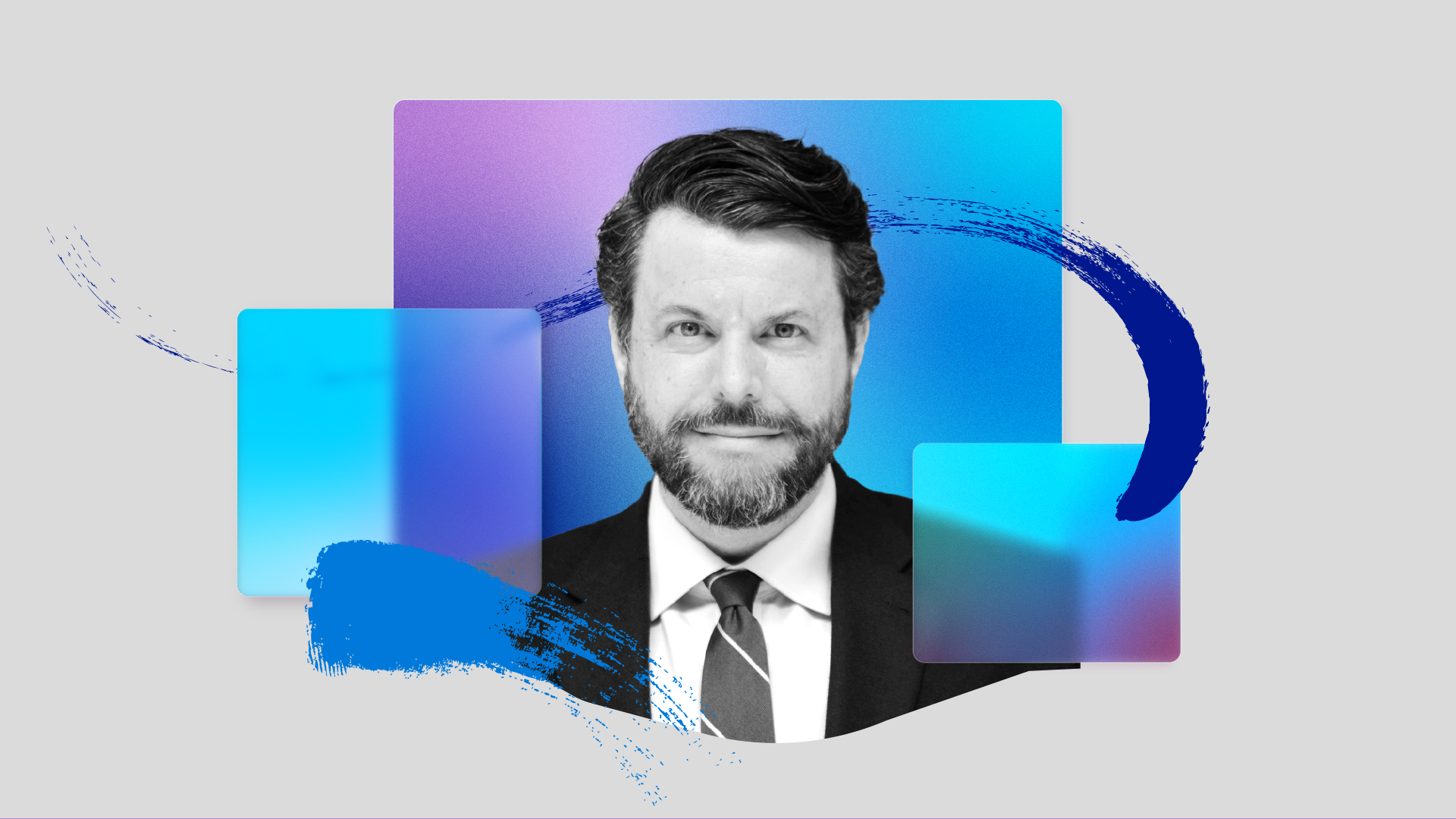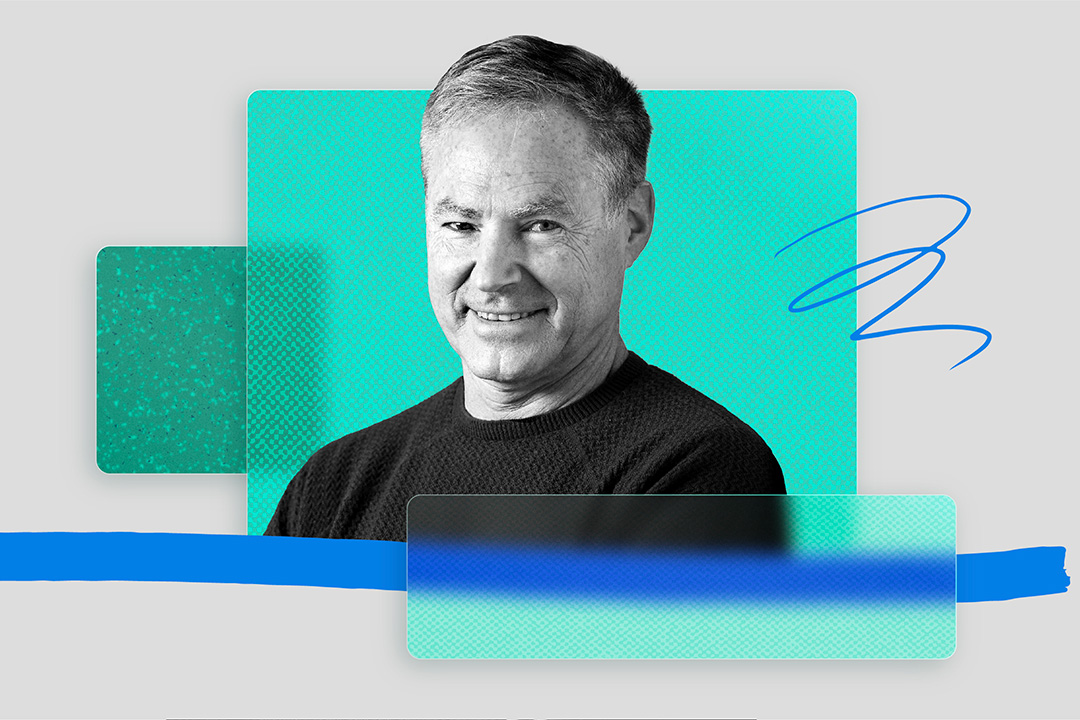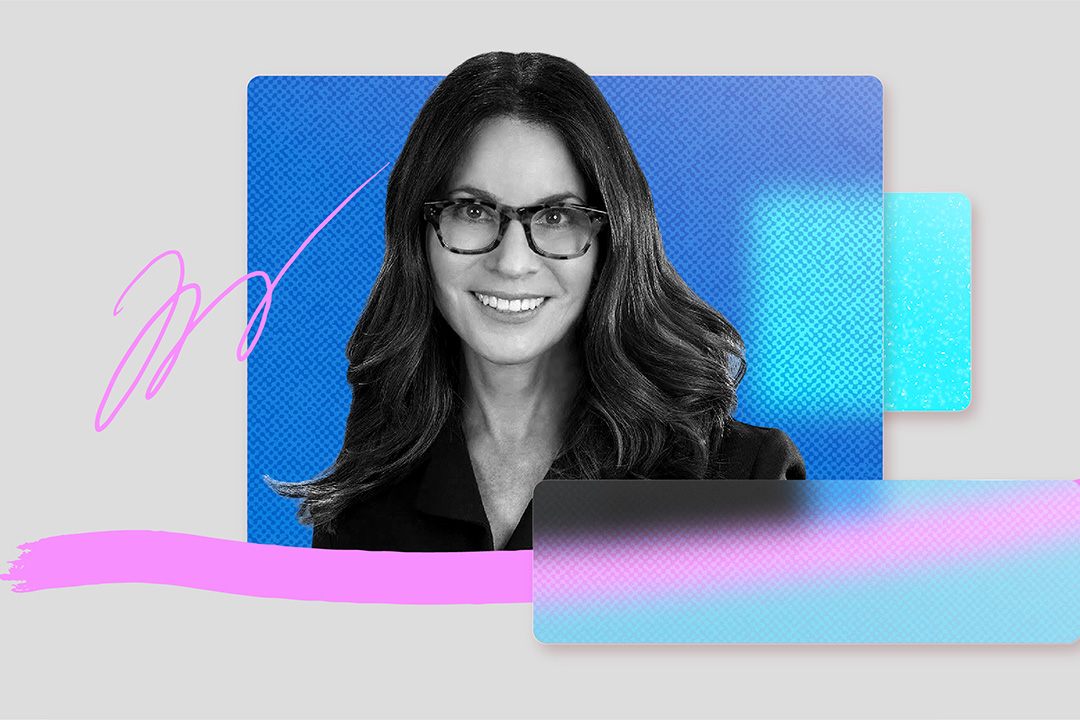Charles Duhigg is a Pulitzer Prize–winning reporter, author, and expert on productivity. His bestselling books, The Power of Habit: Why We Do What We Do in Life and Smarter Faster Better: The Secrets of Being Productive in Life and Business are touchstones for business leaders. His newly released book Supercommunicators: How to Unlock the Secret Language of Connection, examines the secrets to great communication skills based on the latest scientific research.
He shares insights from the latest scientific research about what leaders should be thinking about as they develop good habits around AI and help their organizations tap its full power. He also explains the secret to developing the excellent communication skills you need to stay ahead in the quickly changing world of work—the ability to clearly articulate what you want is vitally important to how you interact with other people as well as AI, and it can even help you get clarity on how to best tackle challenges and seize opportunities.
Three big takeaways from the conversation:
WorkLab is a place for experts to share their insights and opinions. As students of the future of work, Microsoft values inputs from a diverse set of voices. That said, the opinions and findings of the experts we interview are their own and do not reflect Microsoft’s own research or opinions.
Follow the show on Apple Podcasts, Spotify, or wherever you get your podcasts.





